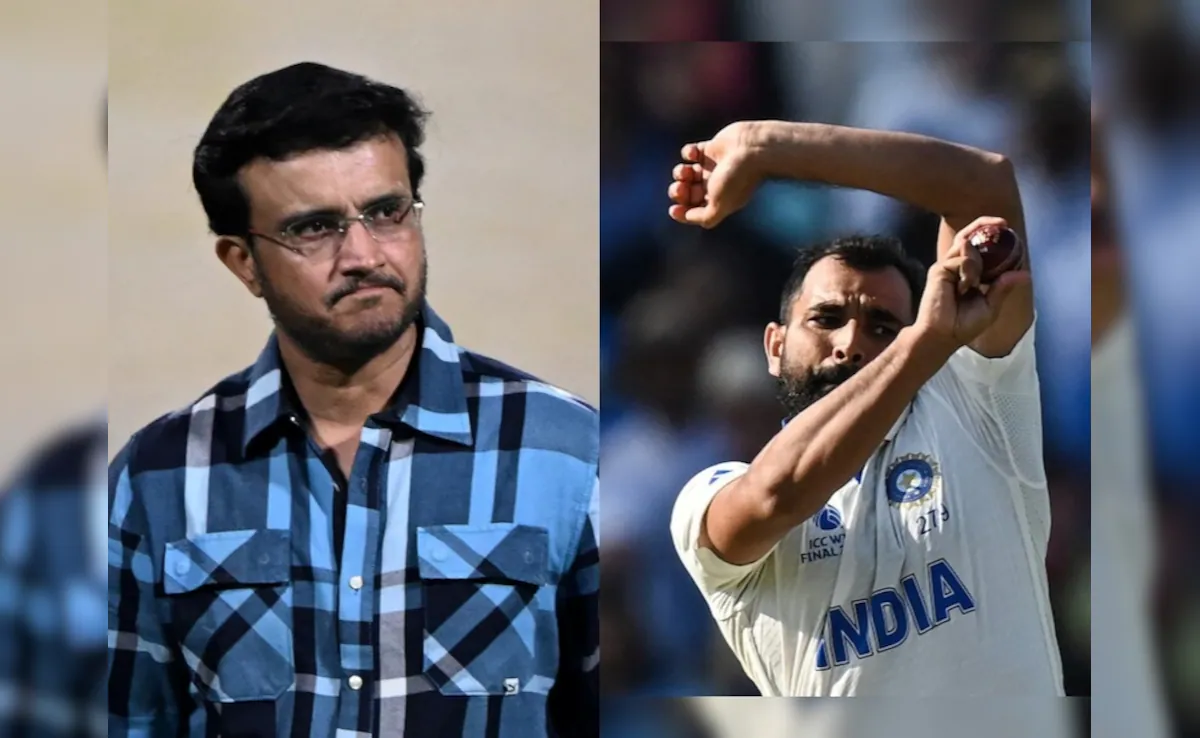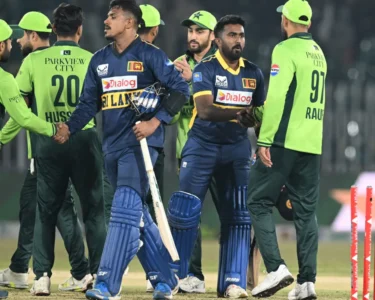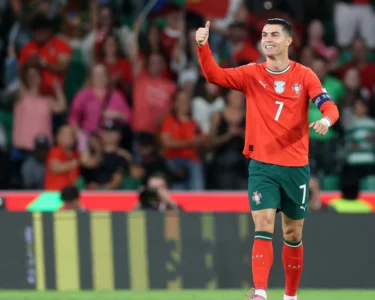The exclusion of veteran pacer Mohammed Shami from India’s Test squad for the home series against South Africa has triggered strong reactions across the cricketing world. Among the most vocal critics of the selection panel’s decision is former India captain and cricket administrator Sourav Ganguly, who has publicly expressed his surprise and disapproval. Ganguly’s comments have drawn attention not just because of his stature in Indian cricket but also because they raise questions about the current selection policies and the criteria used to evaluate players.
Ganguly’s message to the Board of Control for Cricket in India (BCCI) selectors was clear and unequivocal. He stressed that there is no justifiable reason for Shami’s omission, especially considering the pacer’s consistent performances and physical fitness. At 35, Shami continues to demonstrate the skill, speed, and precision that have made him a crucial asset for India in all formats of the game. Ganguly highlighted that Shami has proven himself repeatedly on both domestic and international stages, and his recent displays in domestic tournaments reflect a readiness to compete at the highest level.
Shami’s domestic performances have indeed been impressive. In the latest season of the Ranji Trophy, he emerged as one of the leading wicket-takers, showcasing his ability to dominate matches and make a tangible impact with the ball. His wicket-taking consistency reinforces the argument that he remains among India’s top fast-bowling options. Despite this, the selectors opted to leave him out of the South Africa series, leading to debates about whether the team is prioritizing younger players over experienced performers.
The situation brings to the fore a wider conversation about fitness, form, and experience. The selectors have reportedly considered factors such as workload management and long-term planning, while Ganguly’s stance is that merit and readiness should be the decisive factors. According to him, Shami continues to meet all essential criteria for selection: he is fit, in form, and capable of contributing significantly to India’s bowling attack.
Another key issue highlighted by Ganguly’s comments is the communication and transparency between the selection panel and senior players. Effective dialogue is crucial in managing expectations and providing clarity about selection decisions. The lack of clear reasoning behind Shami’s exclusion, as implied by Ganguly, raises concerns about whether senior players are being adequately informed or involved in discussions about their futures in the team.
The debate also underscores the balance that selectors must strike between integrating young talent and retaining seasoned professionals. While nurturing new players is vital for building a sustainable team, sidelining proven performers solely in favor of youth can be counterproductive. Ganguly’s remarks serve as a reminder that selection decisions must weigh performance, experience, and current form, rather than relying solely on projected potential or age.
For Shami, Ganguly’s endorsement is both encouraging and pressuring. It validates his ongoing efforts and achievements but also heightens the expectation that he must continue to perform consistently to merit consideration. Looking ahead, if Shami maintains his form and fitness, it will become increasingly difficult for the selectors to justify excluding him from future assignments. His domestic dominance positions him well for potential comebacks across formats, even if the South Africa series is no longer an immediate opportunity.
In conclusion, the title “Mohammed Shami Snubbed For South Africa Series: Ganguly’s Strong Message To Selectors” reflects a larger conversation about meritocracy, transparency, and decision-making in Indian cricket. It captures the tension between selection policies and player performance, highlighting the ongoing debate over how best to balance experience with the integration of emerging talent. Ganguly’s outspoken stance emphasizes that players like Shami, who continue to demonstrate skill, fitness, and commitment, deserve fair evaluation and should not be overlooked without compelling justification.







